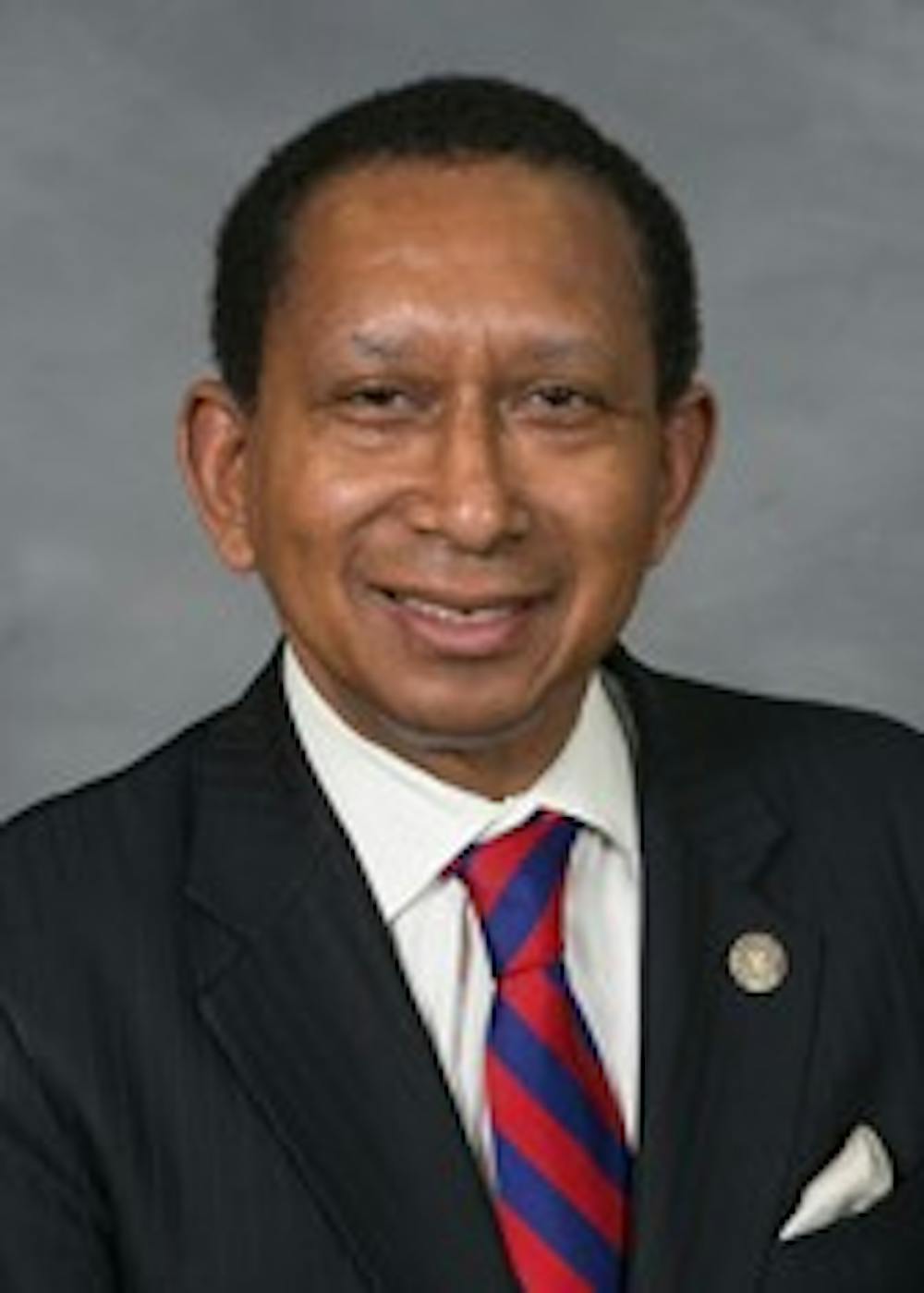N.C. judges will soon run for office in partisan elections after the state Senate overrode Gov. Roy Cooper’s veto of House Bill 100 last Thursday.
The law marks a return to a judicial election system present before the early 2000s. District and Superior Court judgeships will become partisan and be required to run in party primaries — after the General Assembly voted to make appellate judgeships partisan in December. The top Democrat and the top Republican judges will then compete in a general election.
The current election process is nonpartisan, meaning all judges run together in the same election irrespective of party. But even in the current system, certain judicial elections feature party labels on the ballot, said Robert Joyce, a professor at the UNC School of Government.
The bill will take effect starting Jan. 1, 2018. It was the first bill Cooper had vetoed, and it was later overridden by Republican supermajorities in the N.C. House and Senate.
Cooper said he vetoed the bill for fear of further intensification of party politics.
“North Carolina wants its judges to be fair and impartial, and partisan politics has no place on the judges’ bench,” Cooper said in a veto message. “We need less politics in the courtroom, not more.”
Senate President Pro Tempore Phil Berger, R-Rockingham, said in a statement he is pleased with the law because he believes the system will increase voter participation in judicial elections.
“For years, Gov. Cooper and his allies have stoked fears of voter disenfranchisement — yet when he had the opportunity to actually increase voter involvement, he rejected a measure that the data suggests would do just that,” Berger said.
Steven Greene, a political science professor at N.C. State University, said the new system could increase participation because many people currently do not have enough information to vote in judicial elections. But he added that fewer, more-informed voters may be preferable.




